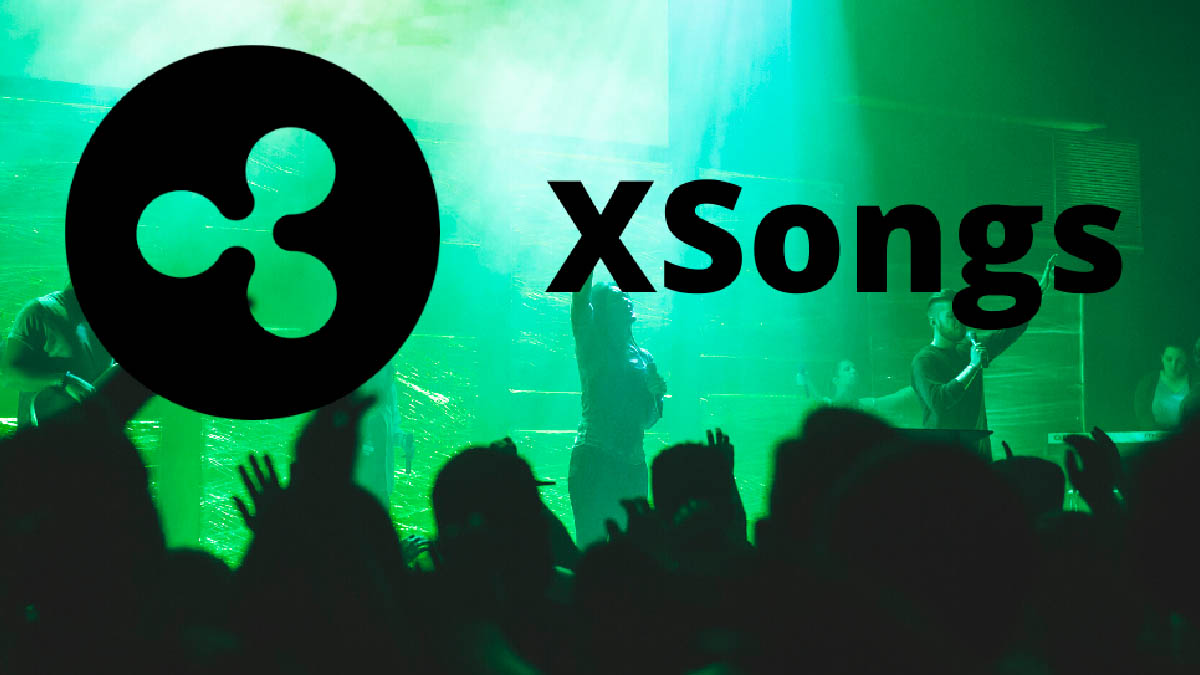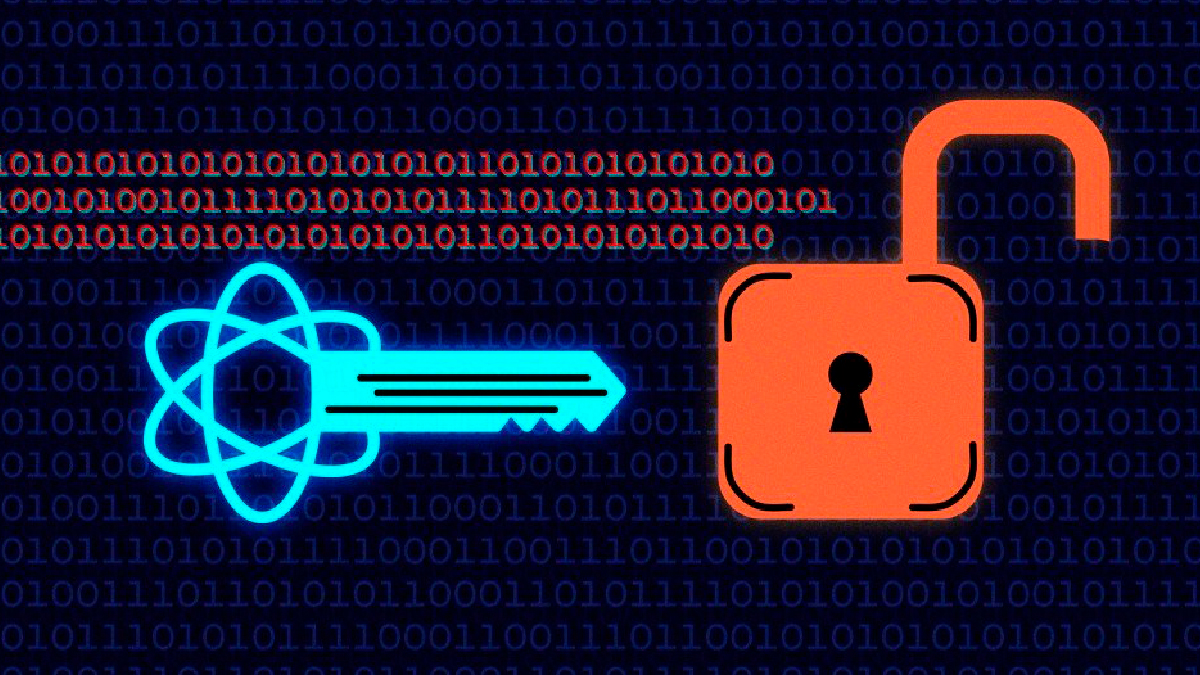BLOCKCHAIN TECHNOLOGY EXPLAINED
An undeniably ingenious invention, blockchain technology was introduced to the world in 2009 with a whitepaper penned by a mysterious entity that calls himself Satoshi Nakamoto. The 4-1-1 on blockchain technology is not too difficult to understand even if the math that makes it work is nearly impossible for the human mind to compute. Blockchain tech is revolutionizing our world commerce, record-keeping, tracking and more. Blockchain allows information to be distributed but not copied or edited thus creating the backbone of a new type of internet. While originally intended for cryptocurrencies, which is an overlaying service on top of blockchain, the tech community has now found other potential uses for this development. In this article we’ll explore what blockchain technology is and what makes it unique.
What is Blockchain Technology?
Blockchain is an incorruptible digital ledger of transactions that can be programmed to record not just financial transactions but virtually everything of value. In simple terms, a blockchain is a time-stamped series of immutable records that is managed by a cluster of computers. Decentralized by nature, it is not owned by any single entity and cannot fail because of a single source. Each block of data is secured and bound to each other using cryptographic principles and encryption-based algorithms.
Three Key Elements of Blockchain Technology
Below you will find our most recent posts about blockchain technology.

Is Blockchain the Next Big Thing in Gaming?
Games make new strides every year. And for the past couple of months, one of the biggest buzzwords in the industry has been blockchain.

Jameson Lopp Breaks Down Financial Privacy, Personal Sovereignty, and How to Achieve It
Anthony Pompliano 0:00 This brings us to the question of privacy and kind of sovereignty around Bitcoin, you are probably one of the biggest

Mark Cuban on Why We Need Robotics and A.I. to Bring Manufacturing Back to the United States
Anthony Pompliano 0:00 And we’re getting a bunch of monetary policy decisions that, you know, some are good, some are bad kind of what’s

Did NASA Find a Habitable Planet?
Space is endlessly intriguing and exciting. What could be more exciting than learning about another habitable planet? NASA satellites just picked up on an

What is xSongs?
Is there a way that musicians can cut short their phase of struggle and get heard, published and reach the masses? Find their voice?

Nuro: The Autonomous Robot That’s Delivering
You might be wondering... What is Nuro? Chances are that you’ve already seen a growing number of commercials with robot interactions and deliveries. Nuro

Quantum Computing: A Threat to Encryption?
Here’s a question: Should you be worried about quantum computing affecting public blockchains? If you don’t know what quantum computing is then sit tight

Blockchain Smart Contracts Unmasked: Examples, Explanation and Services
Dennis Lewis, author of this year’s blockchain book of the year Behold the Cryptopreneurs shares his thoughts on smart contracts. Listen in below! The

Microsoft and the Rise of No Code
Microsoft has been crushing it lately under its new CEO, Satya Nadella. Under Nadella, Microsoft has championed a move to open source and is
An In-Depth Analysis on Blockchain Technology
What Makes the Blockchain Unique?
How Does Blockchain Work?
Picture a spreadsheet that is duplicated thousands of times across a network of computers. Then imagine that this network is designed to regularly update this spreadsheet and you have a basic understanding of the blockchain. Information held on a blockchain is shared and continually reconciled. This is a way of using the network that has obvious benefits. The blockchain database is stored on all connected nodes in the network. Since it isn’t stored in any single location, the records it keeps are truly public and easily verifiable. No centralized version of this information exists for a hacker to corrupt.
The Three Key Elements of Blockchain Technology
Decentralization
We are used to centralized services as an entire generation. Before Bitcoin came along, banks and centralized institutions were the only organizations that people were familiar with. A leading example of a centralized system is banks. They store your funds and the only way that you can pay someone is by transacting with the bank.
While centralized systems have been popular for years, they have several vulnerabilities like they are centralized, all data and physical assets are a target for hackers. In a decentralized system, the information is not stored by one single entity. Everyone in the network owns the information.
Transparency
One of the most intriguing concepts in blockchain technology is “transparency.” A person’s identity in the network is hidden via complex cryptography and represented only by their public address. And if we were to look up a person’s transaction history we would see something like 1MF1chzFLgBzrt9vfFYWmewT2TbyCf7INJ sent 1 BTC. If you have the public address of top companies you can simply see all the transactions that they have engaged in. This introduces a new level of transparency and accountability because of blockchain technology.
Immutability
Immutability means that once something has been entered into the blockchain, it cannot be tampered with and this makes it the perfect choice for leading blockchain applications.
Who Benefits from Blockchain Infrastructure?
What are the top use cases of blockchain technology?
Smart Contracts
Smart Contracts are transactions or functions that are executed once a set of specific conditions is met. Ethereum is an open source blockchain project that was built specifically to realize this possibility. The altcoin has the potential to leverage the application of blockchains on a truly world-changing scale. Currently, smart contracts can be programmed to perform simple functions like transferring ownership of fixed assets, automating the payment infrastructure and invoicing.
A Shared Economy
Tech giants like Uber and Airbnb have proved that the sharing economy is a proven success. Currently, however, users who want to hail a ride-sharing service have to rely on an intermediary like Uber. By enabling peer-to-peer payments, the blockchain opens the door to direct interaction between parties.
Supply Chain Management
The dilemma of real products vs fakes has been on for the past few years. Distributed ledgers provide an easy way to certify that the products we buy are genuine. Transparency comes with blockchain-based timestamping of a date and location on jewelry, cosmetics and even medicines and the stamp corresponds to a product number. There are several Ethereum-based projects working on this application in Japan and Indonesia.
Raising Funds and Investment
Crowdfunding initiatives like Kickstarter and Gofundme are paving the way for the peer-to-peer economy. The popularity of these sites suggests that people want to have a direct say in the product development process. Blockchains take this interest to the next level potentially creating crowd-sourced venture capital funds.
Prediction Markets
The crowdsourcing of predictions on event probability is proven to have a high degree of accuracy. Averaging opinions avoids distorted judgment. Prediction markets that payout according to event outcomes are popular in the crypto community. The prediction market application Augur is a great example, as it makes offerings on the outcome of real-world events. Participants can earn money by buying into the correct prediction. The payout depends on the number of shares that are purchased. With a small commitment of funds, anyone can ask a question, create a market based on a predicted outcome, and collect half of all transaction fees the market generates.
Governance
When the results are fully transparent and publicly accessible it brings complete transparency to the entire process. Blockchain Technology could bring full transparency to elections or any other kind of poll taking. Blockchain based voting and governance applications have been tested in the past few years.
Database Management
Decentralizing file storage and database management on the internet brings clear benefits. Distribution of information makes it resistant to hacking and theft. Akin to how BitTorrent moves data around the internet, most leading applications are used to move and store data on the network. An internet made up of completely decentralized websites has the potential to speed up file transfer and streaming times. This would be the beginning of internet 3.0.
Management of Intellectual Property
Digital information can be infinitely reproduced and distributed widely thanks to the internet. However this has created the menace of copyright battles and piracy concerns. Smart contracts can protect copyright and automate the sale of creative works online, eliminating the risk of file copying and redistribution. The capacity of blockchains to issue micropayments suggests this use case for the blockchain has a strong chance of success.
Identity Management
The internet needs better identity management on the web. The ability to verify your identity is the key to financial transactions that happen online. Distributed ledgers offer enhanced methods for proving who you are and having a secure identity. A good reputation helps in a sharing economy.
AML and KYC
Anti-money laundering (AML) and know your customer (KYC) practices have a strong potential for being moved to the blockchain network. Currently, financial institutions perform a rigorous multi-step process for on-boarding and verifying each new customer. KYC costs could be reduced through cross-institution client verification and increased monitoring.
Data Management and Access Control
Through the use of blockchain technology, users will have the ability to manage and sell the data their online activity generates. Additionally, micropayments on the Bitcoin network suggest that Bitcoin or something like it will most likely be the currency that gets used for this type of transaction.
Immovable Asset Registration
Blockchains make record-keeping and asset registration more efficient due to its public ledgers. The traditional method is costly and labour intensive to administer. Therefore, a number of countries are undertaking blockchain-based land registry projects. The Republic of Georgia cemented closed a deal with the Bitfury Group to develop a blockchain system for property titles earlier in 2019.
Stock and Derivatives Trading
The potential for a near-instant settlement at a fraction of the transaction cost makes a strong use case for blockchains in stock trading. When executed peer-to-peer, trade confirmations become almost instantaneous and this means intermediaries like clearing house, auditors and custodians can be removed from the process. Numerous stock and commodities exchanges are prototyping blockchain applications for the services they offer. The most high profile first mover is Nasdaq’s Linq, a platform for private market trading. More recently, Nasdaq announced the development of a trial blockchain project for the Estonian Stock Market.
The most relevant news delivered right to your inbox.
Disclaimer
Content provided by CryptoTraderNews is for informational purposes only, and should not be construed as legal, tax, investment, financial, or other advice. All information is of a general nature. As always, there is risk with any investment. In exchange for using our products and services, you agree not to hold CryptoTraderNews Pro, its affiliates, or any third party service provider liable for any possible claim for damages arising from decisions you make based on information made available to you through our services.
